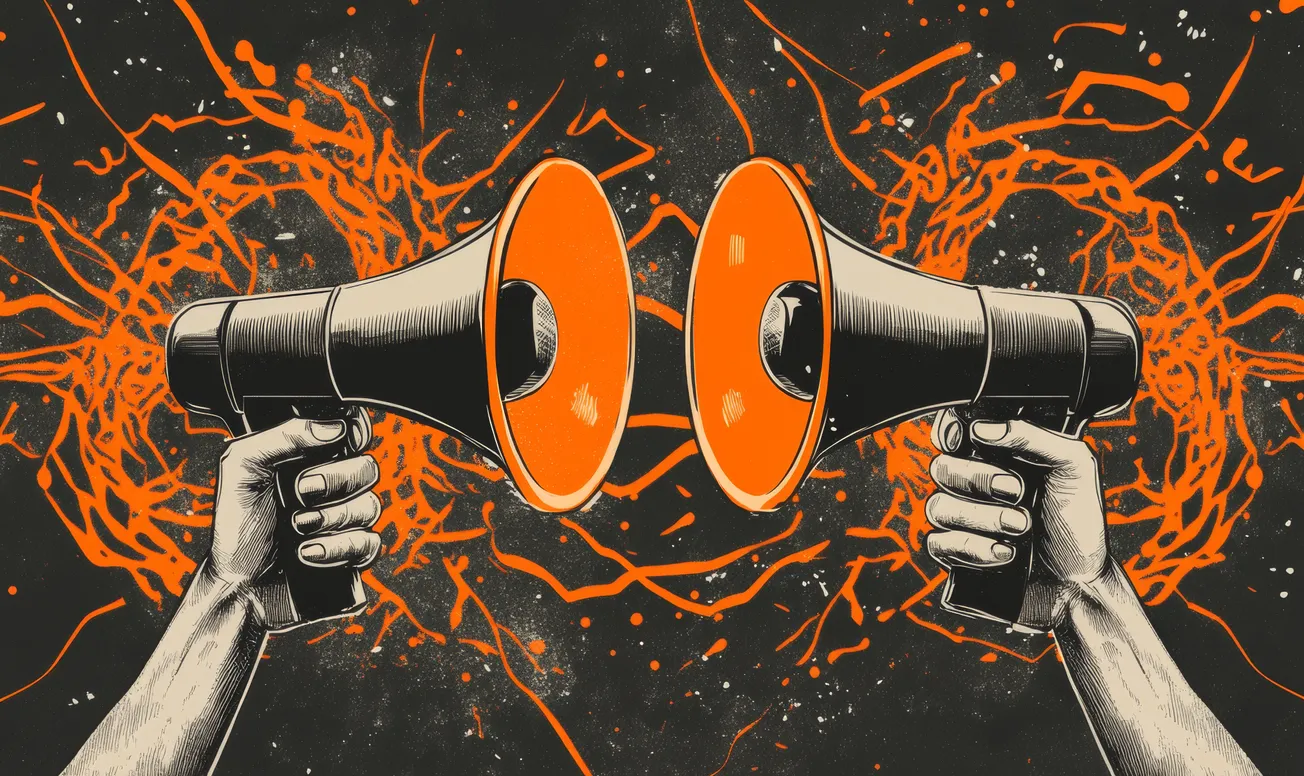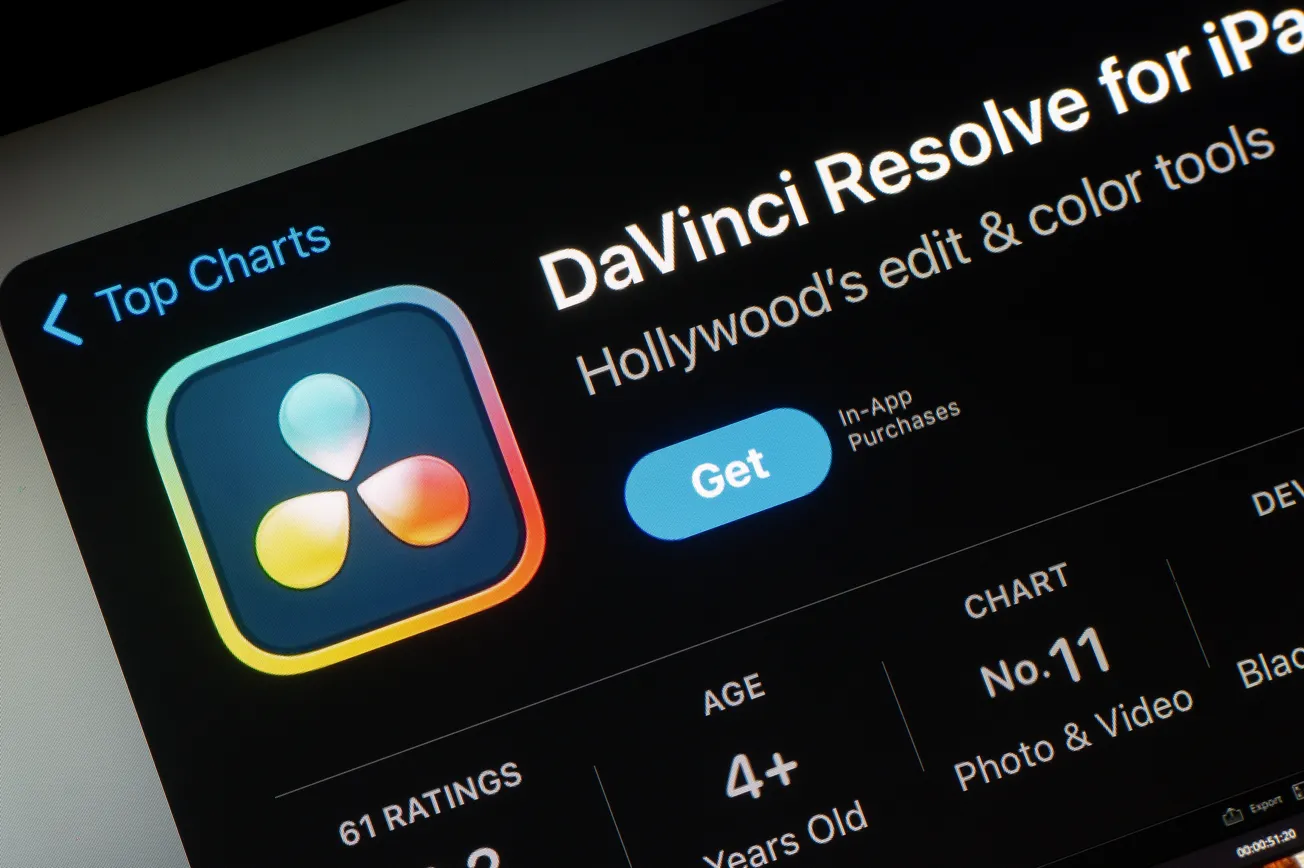Automatic downloads have become an integral feature in podcast distribution, helping listeners keep up-to-date with their favorite shows effortlessly.
However, this functionality is not without its complications. Issues of inflated statistics, ethical transparency, and industry standards have come under scrutiny, most notably involving significant controversies and practices among some of the biggest platforms and producers.
Automatic downloads are a feature where new episodes of subscribed podcasts are downloaded to a listener’s device without manual action. This feature is designed for listener convenience, ensuring new episodes are ready to play even without an internet connection.
For podcasters, automatic downloads can reflect higher download counts, implying a larger audience. However, a download does not equate to an actual play, which has led to a growing debate on how podcast engagement is measured and represented.
Automatic downloads ensure that content is available for offline listening, which is crucial for users with limited or unstable internet access. Users can stay up-to-date with the latest episodes without having to remember to download them manually. Automatic downloads can increase download numbers, which can be appealing for podcasters and advertisers.
While automatic downloads have clear benefits, they also bring significant challenges:
The most critical concern is that automatically downloaded episodes can lead to inflated download counts that may not accurately reflect true listenership. This can mislead advertisers and overstate a podcast’s reach.
Misrepresenting audience data through inflated metrics raises ethical questions about transparency in reporting and accountability.
Accurate and reliable metrics are vital for advertisers to make informed decisions. Inflated numbers undermine the trust between creators, listeners, and advertisers.
The Interactive Advertising Bureau has set guidelines for tracking podcast metrics to standardize the industry’s approach. According to IAB standards, a download is recorded when a podcast episode is requested and downloaded, regardless of whether it is played. However, this metric has limitations, as it does not distinguish between automated downloads and episodes that listeners actively choose to play.
Spotify, a major player in the podcasting industry, has its own way of counting plays and downloads. Recently, Spotify came under scrutiny for how it handles downloads and statistics. The platform's method of counting a play when an episode is streamed for more than 60 seconds or downloaded has been criticized for potentially inflating metrics when many downloaded episodes remain unplayed.
Spotify has faced recent criticism for its automatic download practices that allegedly led to inflated podcast statistics. Reports surfaced highlighting that episodes downloaded but not listened to were still being counted as plays, presenting misleading data to advertisers and investors. This raised questions about the transparency of Spotify’s metrics and their adherence to the IAB standards.
In 2020, Stitcher was implicated in inflating download statistics due to their automatic download feature, which counted episodes as downloaded even when listeners had not played them. This practice artificially boosted the platform’s reported engagement, affecting ad deals and misrepresenting audience size.
Podtrac, an analytics company providing podcast measurement services, was previously found to include automatic downloads in their reports without clarifying whether those episodes were played. This method skewed the data and led advertisers to question the reliability of engagement metrics provided by the company.
iHeartMedia faced scrutiny when analysts discovered that automatic downloads across their network of podcasts were being reported as part of their listenership figures. This practice led to inflated numbers, impacting advertiser trust and raising concerns over data authenticity.
Auto-downloading brings ethical dilemmas related to transparency and data integrity. It is essential that listeners understand the impact of automatic downloads on their data usage and device storage. Moreover, platforms should clearly inform users about how automatic downloads contribute to metric reporting.
Misleading statistics can erode trust between creators and advertisers. If advertisers cannot rely on accurate engagement metrics, they may choose to shift their investments or demand stricter regulations.
Unnecessary automatic downloads increase data usage and digital storage needs, indirectly contributing to the environmental impact of digital media consumption.
To align with industry standards and uphold ethical responsibility, podcasters and platforms can adopt several strategies. Beyond raw download numbers, metrics such as listener retention, episode completion rates, and time spent listening can provide more accurate insights into audience behavior.
Podcasters should inform their audiences about how they can manage download settings to align with their data and storage preferences, and give listeners options to customize their download preferences, such as limiting downloads to Wi-Fi connections or setting episode limits.










